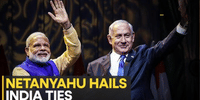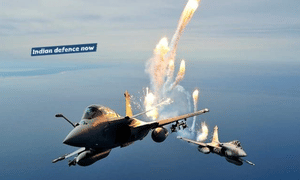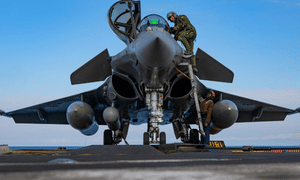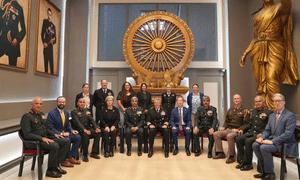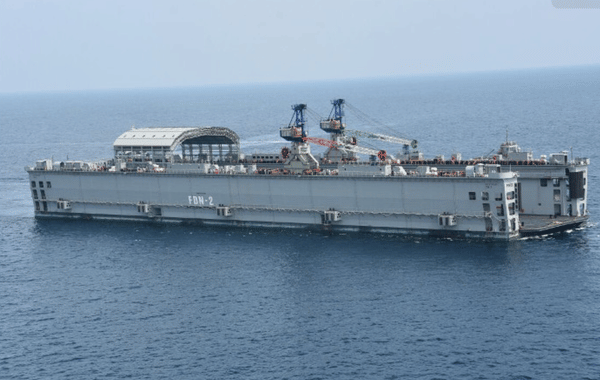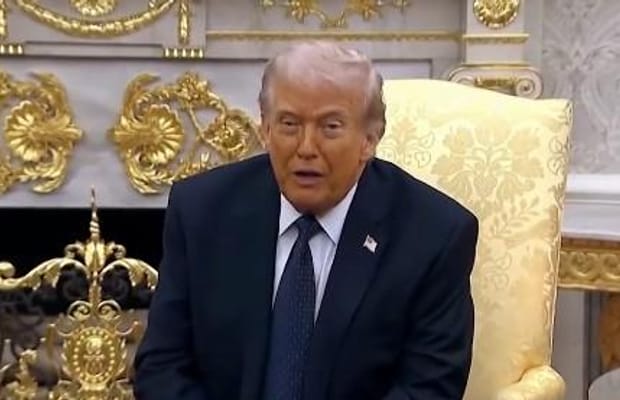

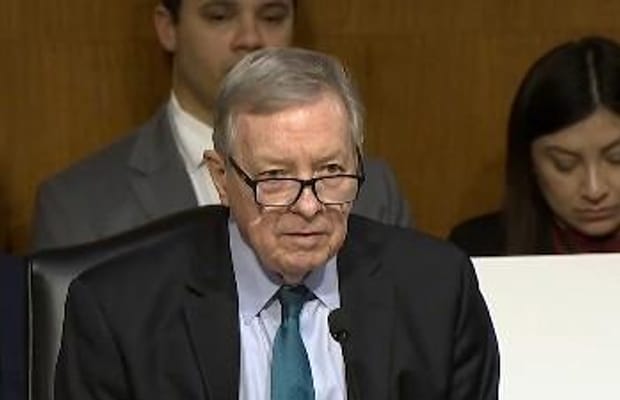
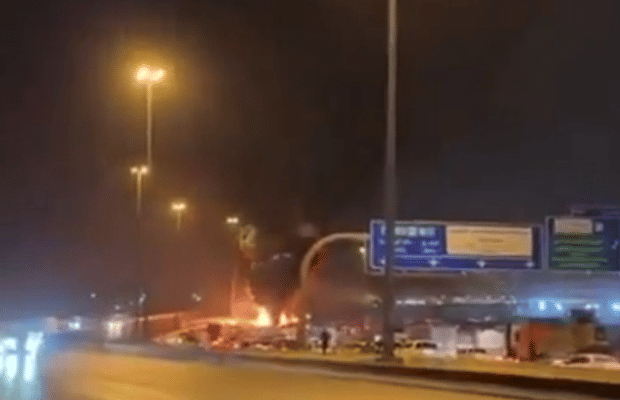
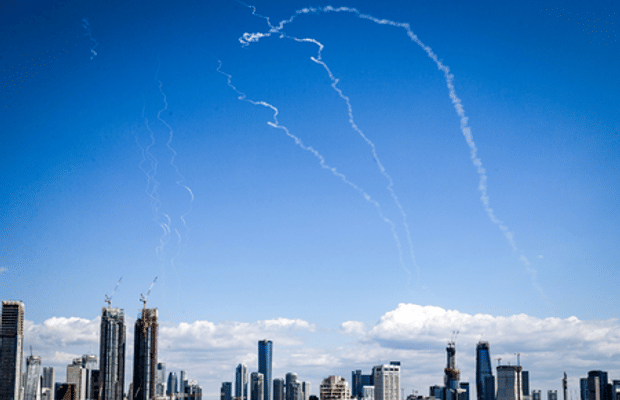
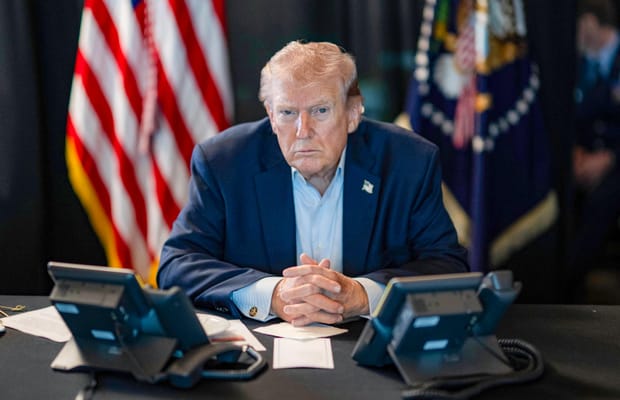
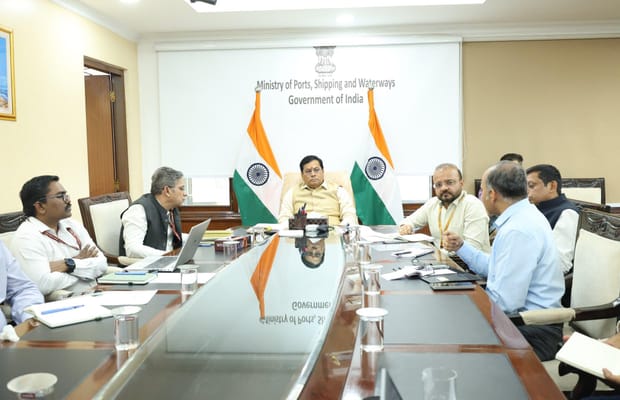
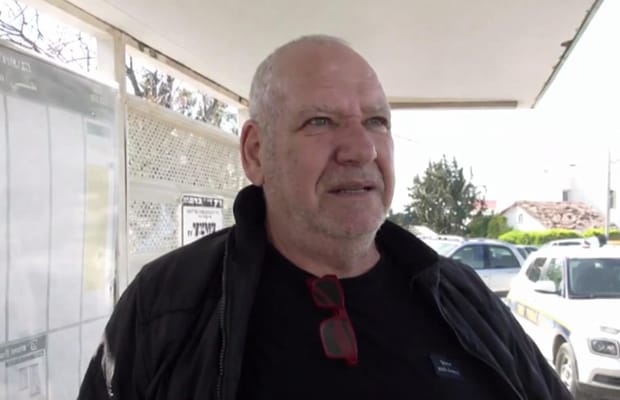

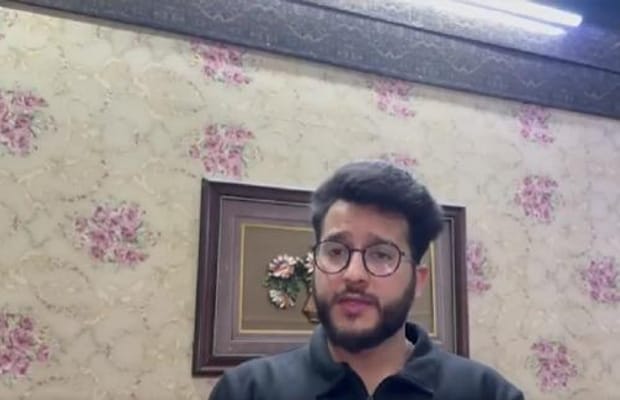
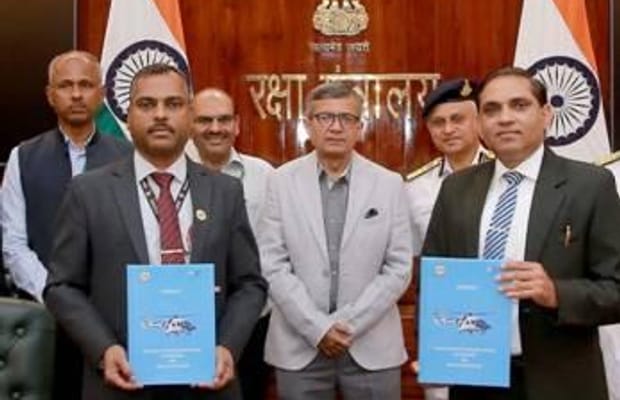
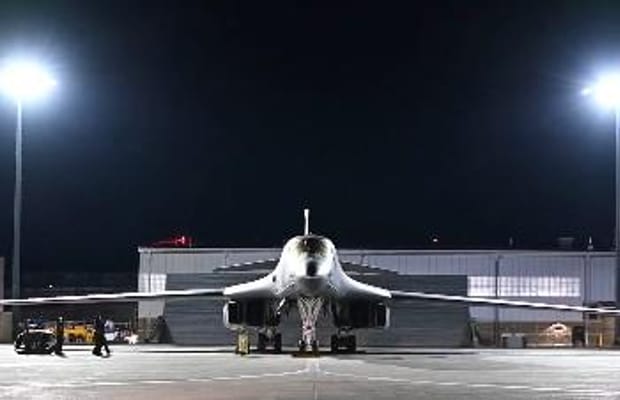
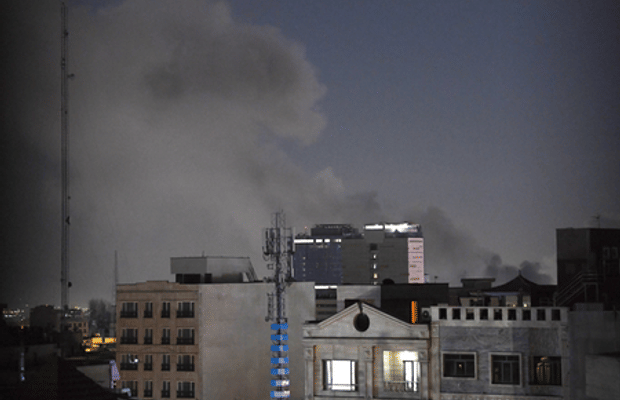
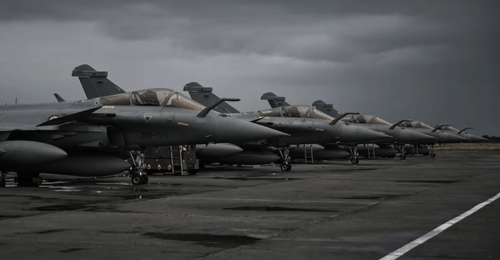
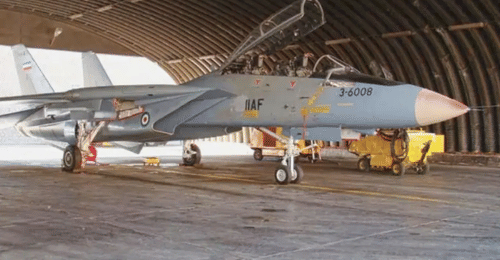
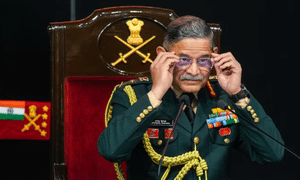


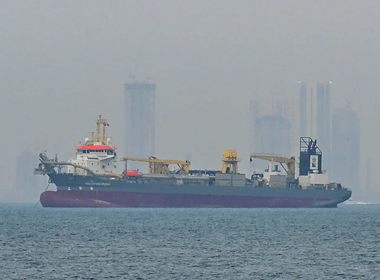

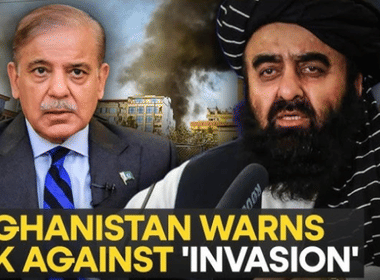




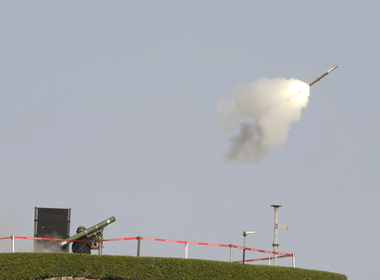
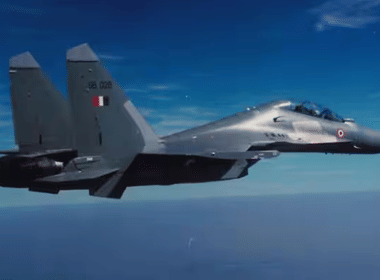

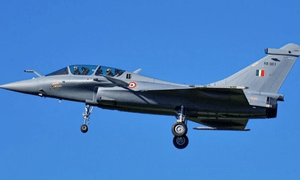

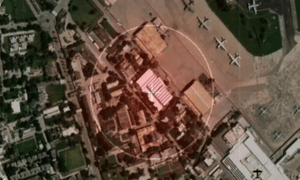
Amid rising cross-border tensions, the Islamic Emirate’s Ministry of National Defence announced that the Afghan Air Force carried out targeted strikes on several key Pakistani military installations. Among the locations hit were the Nur Khan Airbase in Rawalpindi, the 12th Brigade base in Quetta, Balochistan, and the Khoizai camp in Mohmand Agency, Khyber Pakhtunkhwa, along with other critical military sites.
The Afghan Ministry described the operation as highly effective, claiming substantial damage to all designated targets. The strikes were presented as retaliation for recent Pakistani air raids on Afghan territory, including attacks on Kabul, Bagram Airbase, and other locations over the past two days. The Nur Khan Airbase, situated in Rawalpindi’s Chaklala area, is strategically important as a hub for Pakistan Air Force operations and due to its proximity to Islamabad. It had previously been struck during India’s Operation Sindoor in May of the previous year, following a terror attack in Pahalgam, Jammu and Kashmir. Satellite imagery from that period confirmed extensive damage to Nur Khan and other bases, including PAF Base Mushaf, Bholari, and PAF Base Shahbaz.
Afghanistan’s Ministry stated that preliminary assessments show considerable destruction at the targeted sites and issued a warning that any future violations of Afghan airspace would provoke stronger retaliation, emphasizing Kabul’s commitment to defending its sovereignty. The escalation marks a serious intensification of hostilities along the 2,640-kilometre Durand Line, a historically disputed and porous border. Tensions have persisted since the Taliban regained power in 2021, fueled by accusations of cross-border militancy, refugee flows, and territorial encroachments. Pakistan has long accused Afghan territory of harboring Tehrik-i-Taliban Pakistan (TTP) militants, prompting Islamabad to conduct airstrikes and ground operations, which Kabul has condemned as breaches of sovereignty. Afghanistan’s recent strikes are unusual, representing a rare counter-offensive with its limited air capabilities.
The timing coincides with ongoing instability in Balochistan and Khyber Pakhtunkhwa, regions affected by separatist insurgencies and militant activity. Striking the 12th Brigade base in Quetta may reflect an attempt to exploit Pakistan’s internal vulnerabilities, while the Mohmand Agency camp has historically sheltered militants.
The escalation has regional implications. India, having previously targeted Nur Khan, may interpret Afghanistan’s strikes as indirectly advancing its interests against Pakistan. China, invested in the China-Pakistan Economic Corridor in Balochistan, could push for de-escalation, while the United States and NATO are likely monitoring for counter-terrorism impacts.
Despite limited resources, Afghanistan’s air force demonstrated unexpected reach in striking Pakistani targets. Details remain unclear on the methods used—whether fighter jets, drones, or loitering munitions—and Pakistan’s defensive measures, including Chinese-supplied J-10 jets and HQ-9 missile systems. Pakistan has not yet issued an official response, but reports indicate emergency military meetings in Rawalpindi. Social media from border areas shows heightened alerts, troop mobilization, and civilian precautions near the affected sites.
This tit-for-tat escalation risks further destabilizing South Asia, disrupting trade, worsening humanitarian situations in refugee camps, and potentially drawing in regional powers. Diplomatic efforts, including the Quadrilateral Coordination Group involving Afghanistan, Pakistan, China, and the US, appear stalled amid the crisis. With Afghanistan’s international isolation under Taliban rule and Pakistan’s internal challenges, a swift resolution seems unlikely, signaling the possibility of continued border clashes.
Disclaimer: This image is taken from Deccan Chronicle.
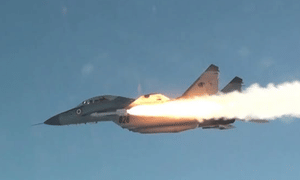
The Indian Air Force (IAF) has released a landmark video showcasing the Sudarshan S-400 long-range air defense missile system in operational action for the first time. Dropped ahead of the prestigious Vayu Shakti-2026 exercise, the footage offers a rare public glimpse into one of India’s most advanced and closely guarded military assets. Shared on the social media platform X, the video demonstrates the S-400—referred to as the Sudarshan Chakra in Indian service—tracking and neutralizing simulated aerial threats during rigorous drills. The demonstration highlights the system’s seamless integration into India’s layered air defense network.
Accompanying the release, the IAF celebrated a historic achievement: the longest-range kill ever recorded in military history. This milestone occurred during Operation Sindoor in May 2025, amid rising cross-border tensions, when the system intercepted drones and missiles targeting Indian cities and military bases. Operation Sindoor was a critical moment for India’s air defenses, as IAF units deployed the S-400 to prevent large-scale incursions along vulnerable borders. Its precise operations averted significant damage, cementing its role as a key asset in protecting Indian airspace.
In a recent X post, the IAF described its forces as “infallible, impervious, and precise,” following a full-dress rehearsal at Pokhran ahead of Vayu Shakti-26. All simulated targets were successfully neutralized, confirming full operational readiness for the main event on 27 February in Pokhran, Jaisalmer. The S-400 Triumf, procured from Russia under a multi-billion-dollar deal, is among the world’s most capable surface-to-air missile systems. It features detection, tracking, and engagement ranges of up to 400 kilometers against aircraft, drones, and cruise missiles.
This capability significantly extends India’s defensive perimeter, enabling early warning and long-range interception that outperforms many regional adversaries. During Operation Sindoor, it proved pivotal in countering sophisticated aerial threats, earning recognition as a game-changing asset. India plans to further expand its capabilities by acquiring five additional S-400 squadrons from Russia. These negotiations, aimed at strengthening air defense in light of rising regional tensions, are set to be discussed at high-level India-Russia talks. The new units will enhance coverage in critical border sectors, reinforcing India’s commitment to technological superiority in a volatile security environment.
Compared with indigenous systems like Akash and QRSAM, the S-400 offers unmatched range and multi-target engagement. While domestic systems excel in mobility and cost-effectiveness, the Russian platform’s advanced radars and missile versatility provide a complementary high-end layer. Key S-400 features include the 91N6E Big Bird radar with up to 600 km surveillance, multi-missile compatibility (from the 40N6 long-range missile to short-range Pantsir integration), and AI-assisted target discrimination. The system can simultaneously track 300 targets and engage 36, adapting to stealth and hypersonic threats. Its mobility allows rapid deployment via transporter-erector-launchers, with units spaced up to 100 km apart for networked defense. AI integration in Indian service refines threat prioritization and reduces false positives in complex airspace.
Vayu Shakti-2026 will showcase the IAF’s capabilities with over 100 aircraft, including fighters such as Tejas, Rafale, Jaguar, Mirage-2000, Sukhoi-30MKI, MiG-29, and Hawk conducting precision strikes and air superiority missions. Transport aircraft including C-130J, C-295, and C-17 will demonstrate rapid airlift and logistics, essential for disaster relief, while helicopters such as Chetak, ALH MK-IV, Mi-17 IV, LCH Prachand, Apache, and Chinook will display assault, reconnaissance, and heavy-lift operations.
Remotely Piloted Aircraft will participate in simulated combat scenarios, highlighting networked warfare, alongside overseas evacuation and rescue missions, reflecting the IAF’s growing global reach. This unveiling comes as India balances foreign acquisitions with indigenous defense development. The S-400’s operational success reinforces strategic partnerships—particularly with Russia—while spurring domestic research in missile technology.
Amid persistent drone threats from Pakistan and China, the Sudarshan S-400 forms a cornerstone of India’s aerial defense. Its record-setting performance during Operation Sindoor sends a clear signal of India’s resolve and readiness. Vayu Shakti-2026 not only celebrates these capabilities but also previews future technologies, including AI-driven autonomy and hypersonic defense, reaffirming the IAF’s evolution into a technologically advanced and formidable force.
Disclaimer: This image is taken from Indian Defence News.
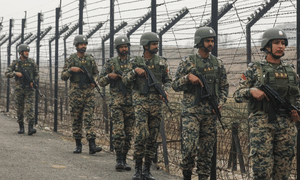
The Indian government has unveiled 'Prahaar', its inaugural national counter-terrorism policy and strategy, aimed at delivering a decisive blow against evolving terror networks. Announced by the Ministry of Home Affairs (MHA) earlier this week, the policy marks a shift toward proactive, tech-savvy defenses in an era of drone attacks, cyber radicalization, and cross-border financing.
At its core, Prahaar – which stands for Prevention, Response, Aggregation, Human Rights, Attenuation, Alignment, and Recovery – outlines a multi-layered approach to neutralize threats before they strike. It emphasizes real-time intelligence sharing through upgraded Multi-Agency Centres (MAC), empowering state police as frontline responders while elite forces like the NSG provide rapid backup. Officials highlighted how this addresses modern challenges, such as encrypted communications and cryptocurrency funding used by groups exploiting vulnerabilities from Jammu & Kashmir to urban hideouts.
The strategy also criminalizes all terror activities without exception, choking off safe havens and online propaganda pipelines. By integrating AI surveillance and border tech upgrades, Prahaar draws from real-world lessons, like the swift online mobilization seen in past attacks, to prevent repeats.
Prevention takes center stage with community outreach: partnerships with NGOs, schools, and local leaders to tackle root causes like radicalization in prisons and youth hotspots. Economic initiatives in high-risk areas aim to reduce recruitment appeal, fostering a "whole-of-society" resilience similar to successful models abroad. Globally, it pushes for collaborative operations and UN-level action on tech misuse by terror outfits. Union Home Minister Amit Shah described Prahaar as a "zero-tolerance hammer" on terrorism, promising proportionate responses to any aggression. As states gear up for implementation, security experts see it as a timely upgrade to India's defenses amid rising global threats.
Disclaimer: This image is taken from PTI.
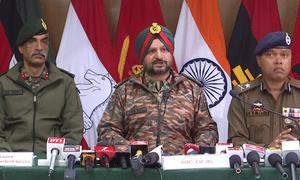
Major General APS Bal, General Officer Commanding of the Counter-Insurgency Force Delta, stated that Operation Trashi-I stands as a strong example of determination, strategic clarity, meticulous planning, and the sustained efforts of Indian forces and security agencies in combating terrorism.
Addressing the media, Major General APS Bal said the operation reflected seamless coordination at every level — from troops on the ground to senior leadership including co-commanders, ADGs, IGs, the DGP, and the Army Commander. He emphasised that collective contributions from all stakeholders ensured the operation’s decisive success.
He also pointed out the existence of a support network that enabled terrorists to build infrastructure and transport supplies to hideouts. Without naming individuals, he said the police possess the necessary information and will take appropriate action against those involved. The General highlighted that the operation was carried out in a calm, composed, and collaborative manner, resulting in success without any troop casualties. The only loss was that of a brave dog named Tyson, who initiated the mission.
He further confirmed that counter-terror operations will continue, noting that six Jaish-e-Mohammed terrorists were eliminated in February, including operatives in Udhampur and Kishtwar. In a post on X, the White Knight Corps stated that a 326-day high-altitude joint operation in Kishtwar led to the elimination of seven terrorists in Chatroo. Troops from White Knight Corps, Jammu and Kashmir Police, and Central Reserve Police Force worked using a coordinated intelligence network developed by civil and military agencies.
The Corps added that advanced technology such as FPV drones, satellite imagery, RPAs/UAVs, and modern communication systems played a crucial role in tracking and neutralising terrorists in harsh weather and difficult terrain. In the past 20 days alone, six terrorists were killed in operations across Jammu. Two were neutralised under Operation KIYA in Basantgarh’s Jophar Forest, while others were eliminated in Kishtwar during Operation Trashi-I through sustained cordon and search operations.
Disclaimer: This image is taken from ANI.



Whether it is issuing military threats toward Colombia and Cuba, suggesting the takeover of Greenland from Denmark, or capturing oil tankers in European and Caribbean seas, Donald Trump’s actions are forcing global leaders into constant crisis management. His renewed brand of American imperialism is reshaping international politics at a rapid pace. Jonathan Freedland discusses this shifting global landscape with Pulitzer Prize–winning author Anne Applebaum, examining what lies ahead in a world being rapidly transformed by the decisions of the US president.
Disclaimer: This podcast is taken from The Guardian.

The United States’ confiscation of a sanctioned Venezuelan oil tanker represents a significant escalation, denounced by Caracas as “international piracy.” Andrea Heng and Hairianto Diman examine the underlying strategic signal the Trump administration is sending to Latin America in the context of China’s expanding influence, alongside Ross Feingold, Head of Research at Caerus Consulting. They assess whether this aggressive move qualifies as a justified national security action, whether it accomplished its intended objectives, and how neighbouring countries have responded in the immediate aftermath.
Disclaimer: This podcast is taken from CNA.

On September 3, China held its largest military parade to date in Beijing’s Tiananmen Square to commemorate the 80th anniversary of the end of World War II. The event featured tens of thousands of soldiers, along with hundreds of aircraft, ground vehicles, and advanced weaponry. More than just a show of military might, the parade was intended as a symbol of deterrence, national solidarity, and a display of Xi Jinping’s authority in a period of global uncertainty. Andrea Heng discussed the significance of the event with Dr. Mustafa Izzuddin, Senior International Affairs Analyst at Solaris.
Disclaimer: This Podcast is taken from CNA.
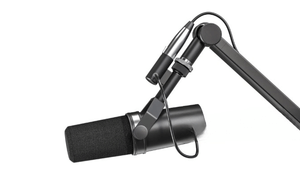
On May 18, Prime Minister Benjamin Netanyahu’s office announced that Israel would relax its blockade to allow limited food supplies into Gaza, following the military’s declaration of “extensive ground operations” in both the northern and southern regions of the enclave. Andrea Heng and Hairianto Diman provide the latest updates from Stephen Zunes, Professor of Politics at the University of San Francisco.
Disclaimer: This Podcast is taken from CNA.





